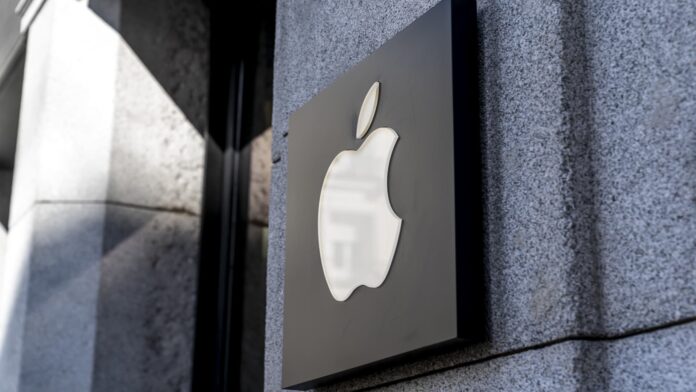Beaten-down stocks could be the big beneficiaries of a potential Federal Reserve-fueled rally this week. The market has already priced in the likelihood of a 75 basis point interest rate hike from the central bank, which began its two-day meeting Tuesday. It would be the Fed ‘s fourth straight 0.75 percentage point increase in its campaign to tame inflation. Instead, investors will focus on what Fed Chairman Jerome Powell may signal about future rate increases on Wednesday. Any signs that the Fed will slow the pace of tightening could ease investors’ fears of a recession and result in a risk-on rally. That relief may also lead to a lower Cboe Volatility Index , known as the VIX. The index gauges the level of fear on Wall Street. The VIX has been pulling back from high levels seen in mid-October, when it hit 33.6, and is now trading near 26. Its long-term average is 20. To determine which stocks in the Dow Jones Industrial Average would benefit from a risk-on rally and a decline in the VIX, CNBC Pro looked at names that, so far this year, have the highest inverse correlation to the VIX. As a proxy for volatility, we used the Barclays iPath Series B S & P 500 VIX Short-Term Futures fund (VXX), which tracks the VIX. The correlation is based on daily returns, beginning Jan. 3 through the market close Monday. The top three names are all in technology, which has been the epicenter of this year’s sell-off. Tech would also benefit if interest rates fall after the Fed decision, easing the pressure on high price-to-earnings ratios. Financial names round out the top five. Apple has the highest inverse correlation to the VIX/VXX. The iPhone maker is down 13.3% so far this year, far less than other hard-hit tech stocks. Last week, Apple reported earnings and revenue that beat expectations, but its iPhone revenue came up short. Credit Suisse analyst Shannon Cross called it a ” relatively safe port in the storm ” in a note Friday, pointing to Apple’s solid cash flow and recurring revenue. Salesforce , meanwhile, is down 36% year to date. Recently, activist investor Starboard Value revealed a stake in the enterprise software maker. “Salesforce is ingrained in the fabric of so many companies and has become so important in the way they operate and conduct businesses,” Starboard CEO and founder Jeff Smith told CNBC’s David Faber. Microsoft , down nearly 31% so far this year, on Oct. 25 reported softer-than-expected cloud revenue in its fiscal first quarter and gave weak quarterly guidance. American Express has been benefiting from consumers’ willingness to pay higher prices . The financial payments company, which is down only about 8% year to date, recently raised its full-year forecast thanks to a surge in customer spending and an increase in its reserves for potential defaults. Its third-quarter earnings and revenue also beat Wall Street expectations. “Card member spending remained at near-record levels in the quarter,” American Express CEO Stephen Squeri said on an earnings call Oct. 21. Goldman Sachs is also down about 8% so far this year. The investment bank recently decided to move away from building a full-scale digital bank with its Marcus brand, as it had planned, and will focus on the customers it already has.
© heardonwallstreet.com


